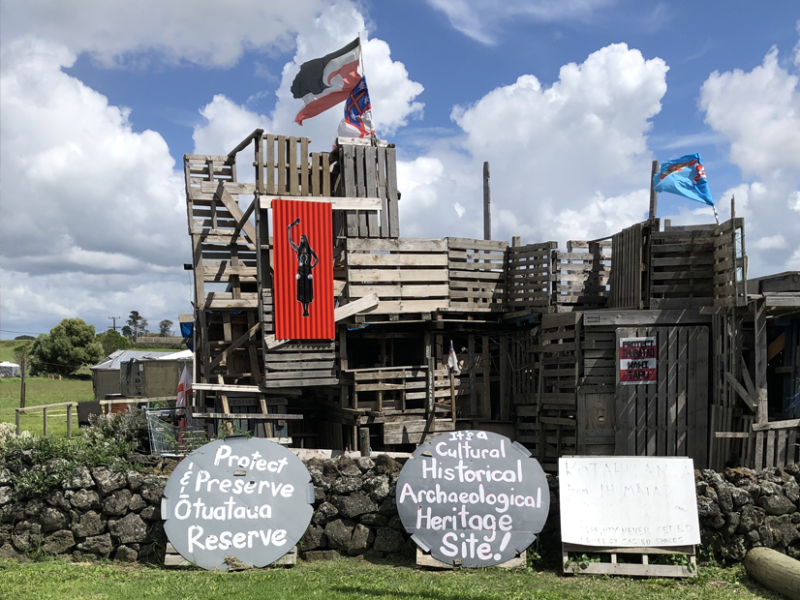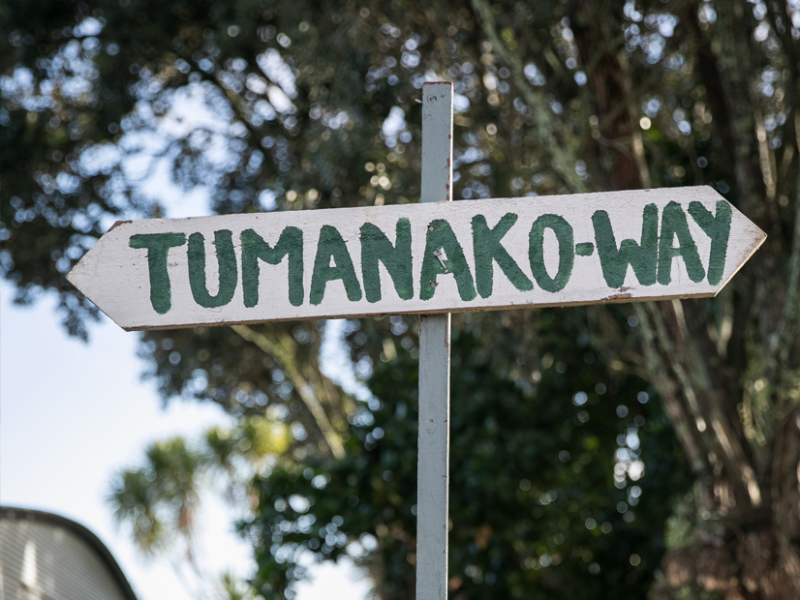
Ko Te Aka Pūkāea kia ita, ko Te Aka Pūkāea kia eke!
March 17, 2023
In particular, UIKI seeks to develop approaches which support intergenerational housing aspirations and the diverse needs of whānau, hapū, iwi and marae.
As kaupapa Māori researchers we recognise, the deep innovative potential that lies within mātauranga Māori, as such, our programme of research draws on the traditional concept of kāinga (also called papakāinga or pā kāinga) to guide our thinking about new forms of housing development and to unlock housing innovations.
The UIKI programme is made up of three research projects:
Marae ki te Kāinga: Re-establishing home and re-connecting to community. This project focuses on the ways whānau from Te Puea Memorial Marae’s Manaaki Tangata programme are achieving sustainable tenancies and in some cases building towards home ownership, forging community connections, and the impact that this is having on whānau wellbeing.
Te Whare Kāhui: Design and delivery of affordable, culturally responsive marae-based housing solutions. Marae-based whare kāhui (tiny homes) designs have been developed in this project that can provide high quality, moderate cost, emergency, transitional and long-term housing solutions for whānau Māori.
He tātai whetu ki te rangi, he rangatahi ki te kāinga: Rangatahi pathways to safe, secure and affordable homes. This research explores the realities and aspirations of rangatahi in relation to kāinga, and how rangatahi can be best supported to navigate pathways towards affordable, safe and secure homes in Tāmaki Makaurau.
…our programme of research draws on the traditional concept of kāinga (also called papakāinga or pā kāinga) to guide our thinking about new forms of housing development and to unlock housing innovations.
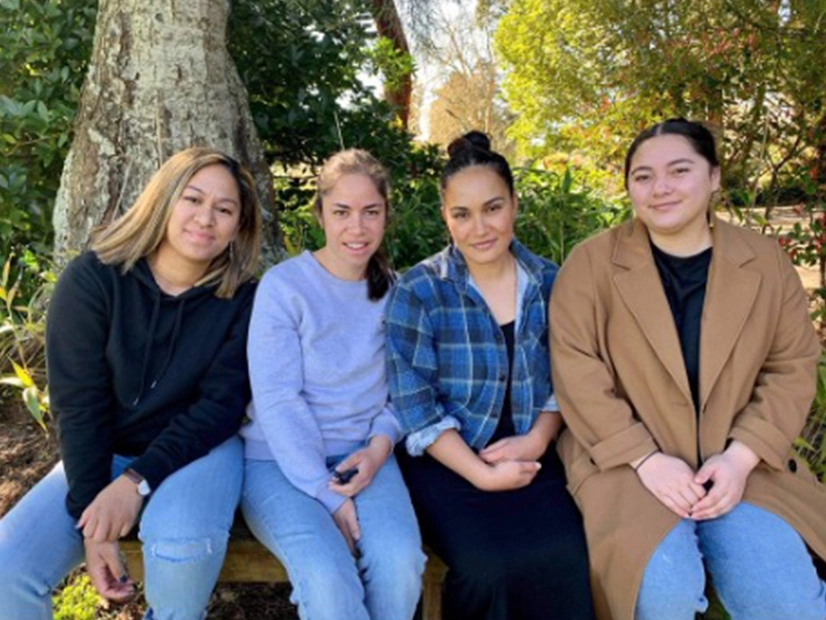
Rangatahi ki te Kāinga roopu (Jacqueline Paul, Maia Ratana, Pania Newton, Hanna-Marie Monga)
Research Aim:
The aim of the UIKI research programme is to investigate the potential of kāinga innovations to support intergenerational Māori housing aspirations and the diverse needs of whānau, hapū, iwi and marae in Tāmaki Makaurau. Ultimately, our research is intended to improve access to housing for whānau.
He Whare Mō Wai? Podcast:
He Whare Mō Wai? is a by rangatahi, for rangatahi podcast and video series hosted by Jacqueline Paul, Maia Ratana, Hanna-Marie Monga and Pania Newton.
The title of the podcast reflects the research team’s aspirations to support rangatahi into housing and also begs us to ask the question who is housing for? He Whare Mō Wai? creates a space for rangatahi to share stories, advice, and aspirations for kāinga across Aotearoa and to inspire others who wish to pursue their housing dreams. In this series, we kōrero with rangatahi and experts about navigating home ownership, renting, finance, mortgages, homelessness, and more. Tēnā are are tāringa mai.
He Whare Mō Wai is part of a larger research project called ‘He Tātai Whetu ki te Rangi, He Rangatahi ki te Kāinga.’ This rangatahi-led research project aims to investigate pathways to safe, secure, and affordable homes for rangatahi Māori through research that is done by rangatahi, for rangatahi and with rangatahi. Rangatahi ki te Kāinga is hosted by Pūrangakura Kaupapa Māori Research Centre and funded by BBHTC.
Credit
This podcast is funded by Building Better Homes Towns and Cities, and Purangakura Maori Research Centre.
Executive Producers
Maia Ratana,
Hanna-Marie Monga,
Jacqueline Paul and
Pania Newton
Production Team
Rewi Heke,
Taiha Molyneux,
Tatsuya Sasaki,
Taoitekura Eruera and
Mana Wikaire-Lewis
Music Composer
Jesse Monga
Jesse’s Instagram
Jesse’s Spotify
Graphic designers
Rihana Te Nana and
Jarryd Saifoloi
Podcast Episodes
Our Research Team:
The overall programme of work is led by Dr Jenny Lee-Morgan with project administrative support by Kate Lee. Each project has its own research teams and community partners.
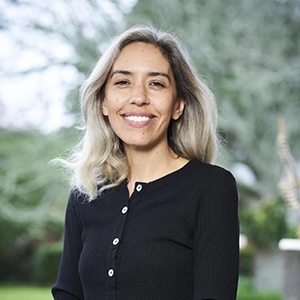
Kate Lee
(Ngāti Hine)
The Marae ki te Kāinga research team is: Dr Cat Mitchell, Dr Jo Mane, with marae-based researcher Whitiao Paul (Te Puea Memorial Marae). Previously, Rihi Te Nana and Irene Farnham were also key members of this team.
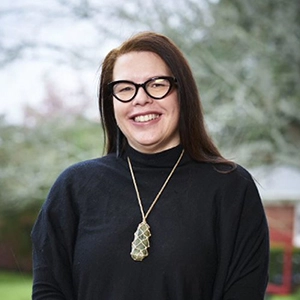
Dr Cat Mitchell
(Taranaki)
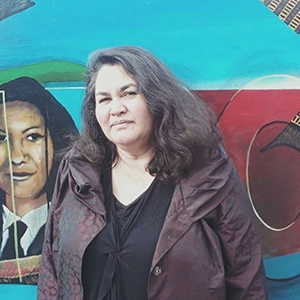
Dr Jo Mane
(Ngāpuhi)
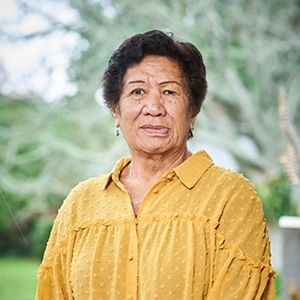
Whitiao Paul
(Ngāpuhi, Ngāti Hine, Ngāti Ruanui)
Te Whare Kāhui research project was led by Rau Hoskins
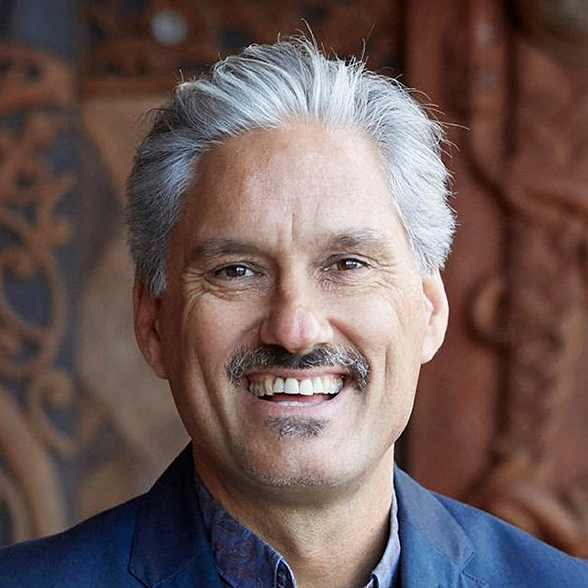
Rau Hoskins
(Ngāti Hau, Ngāpuhi)
and He tātai whetu ki te rangi, he rangatahi ki te kāinga research team included rangatahi researchers Jacqeline Paul, Maia Ratana, Hannah Monga and Pania Newton.
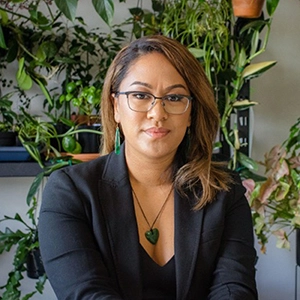
Jacqueline Paul
(Ngāti Tūwharetoa, Ngāpuhi, Ngāti Kahungunu ki Heretaunga)
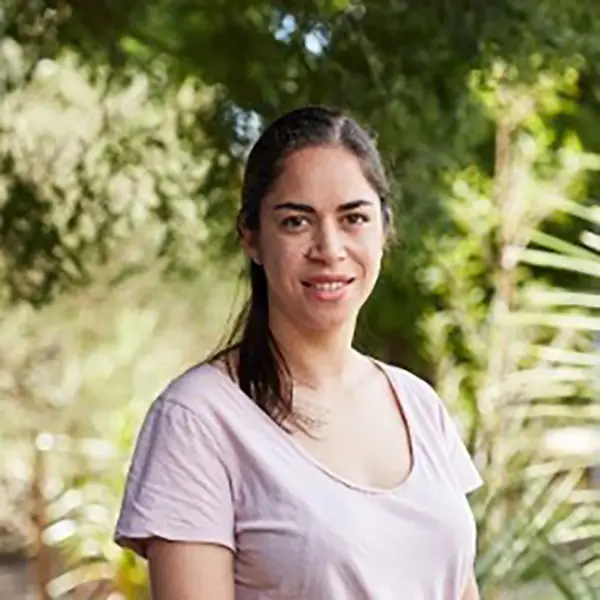
Maia Ratana
(Te Arawa, Ngā Rauru kī Tahi, Ngāti Raukawa)
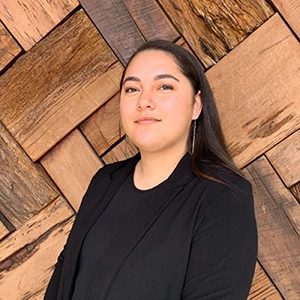
Hanna-Marie Monga
(Ngāti Whātua, Te Uri o Hau, Cook Islands)
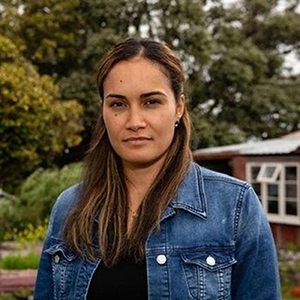
Pania Newton
(Ngāpuhi, Te Rarawa, Waikato, Ngāti Mahuta)
Key Partners:
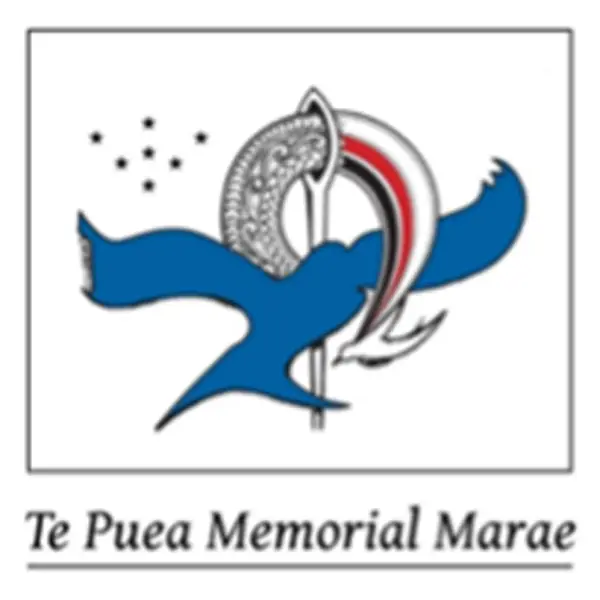
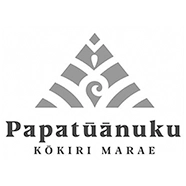
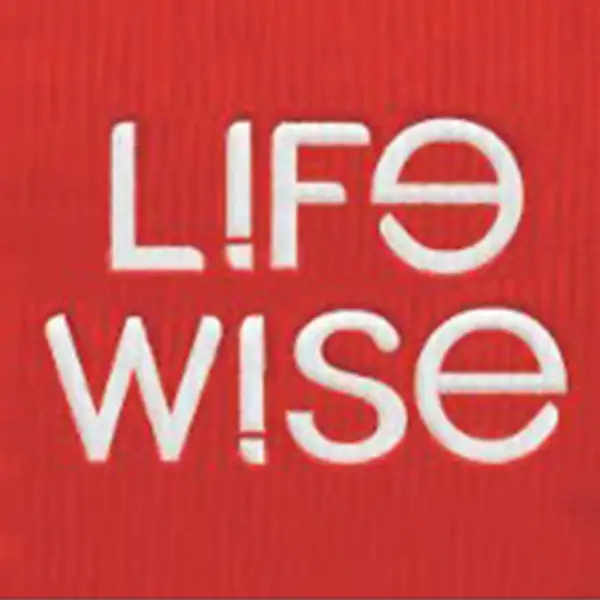
Funders:
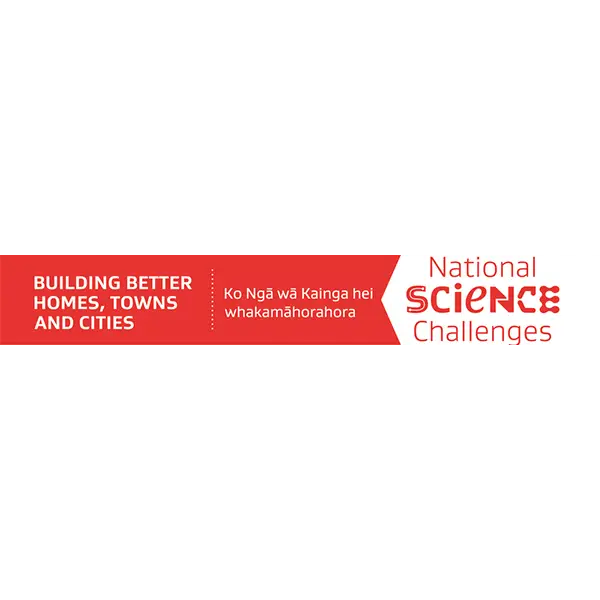
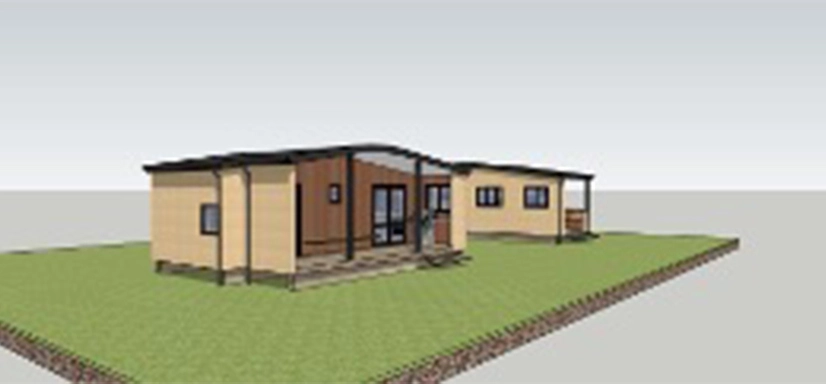
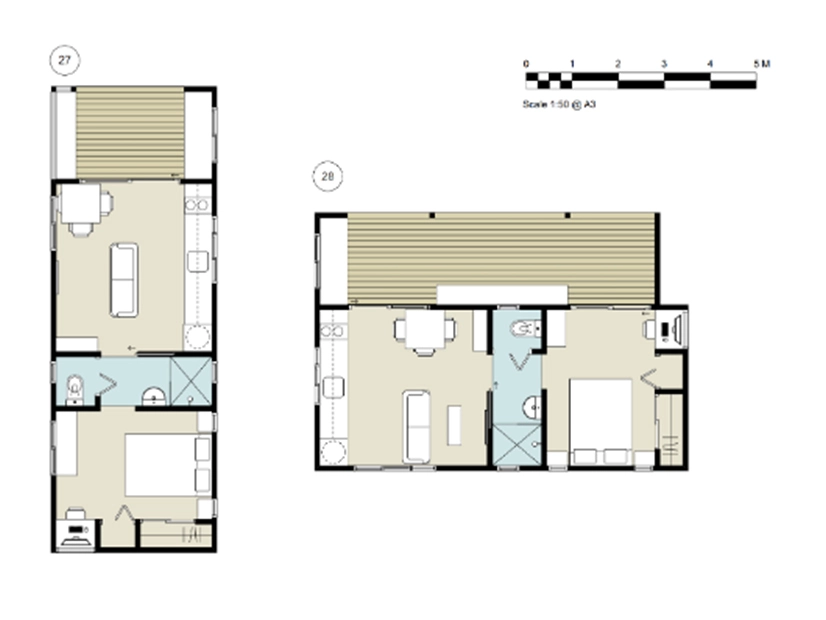
Te Whare Kāhui
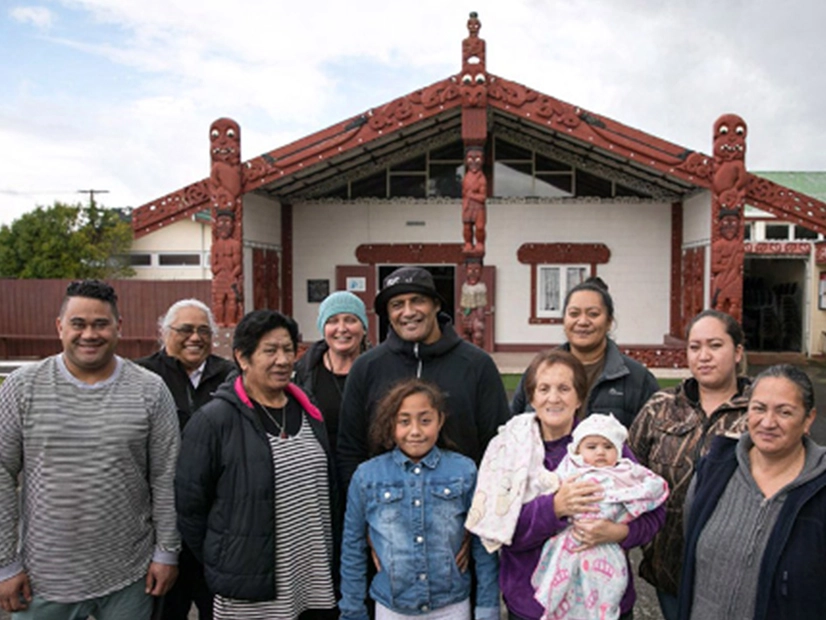
Marae ki te Kāinga


